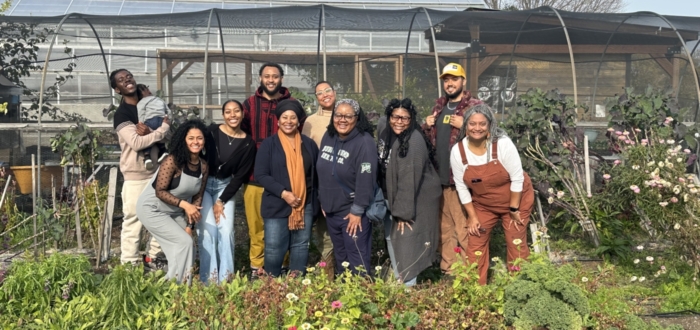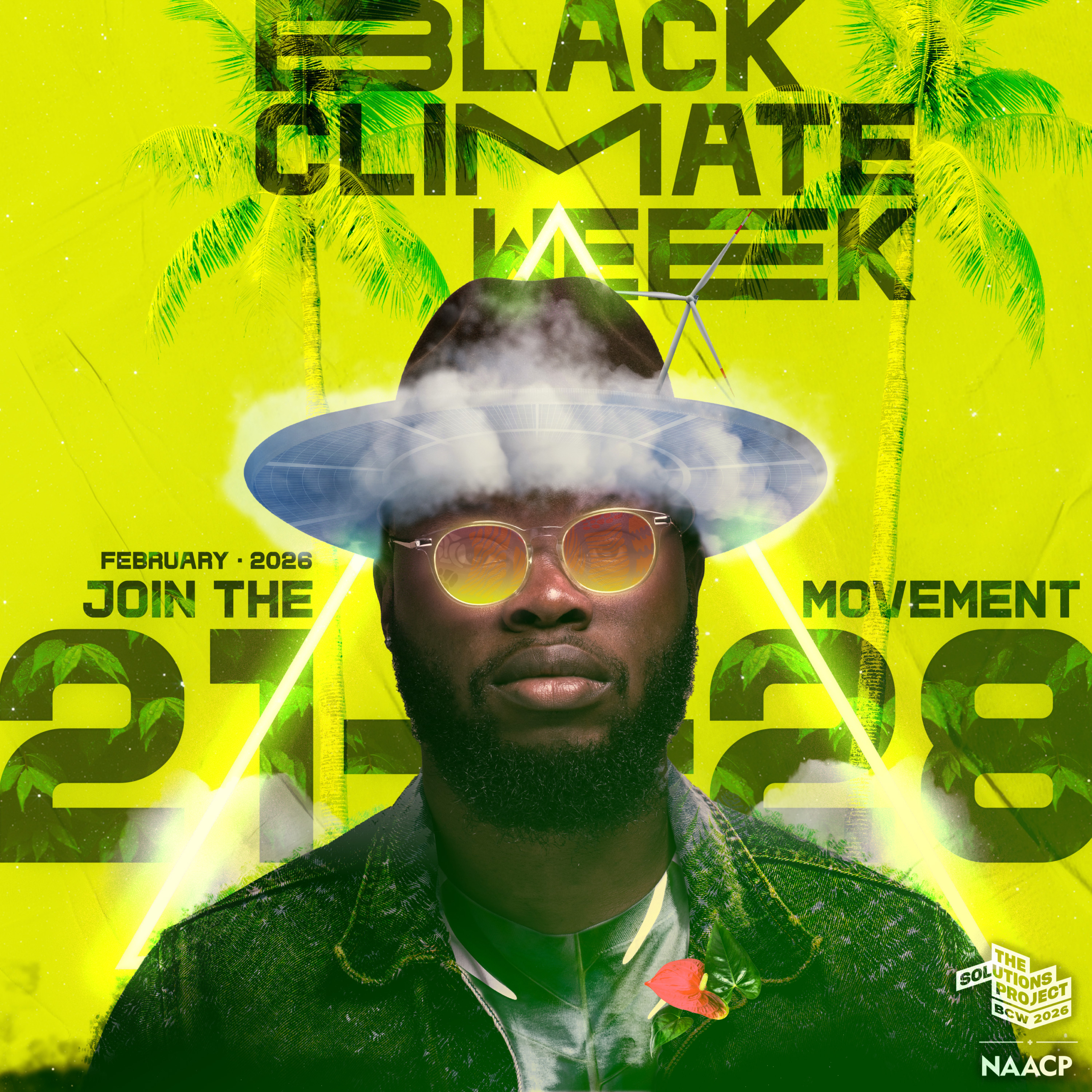
Photo Credit: Urban Tilth
Black Communities Leading Climate Innovation
February 2026 marks Black Climate Week’s 6th year, as well as a century of national commemorations of Black history. This year, we are centering cities with a strong Black community as the definitive hubs of climate innovation and justice. Black communities aren’t just surviving climate change—they’re solving it.
Black Climate Week is being led by The Solutions Project and NAACP this year, and we are inviting hundreds of organizations, creators, elected officials join in this year. This campaign is about the collective momentum of thousands of stories that inspire ongoing justice-led climate action.
From developing community-owned solar projects to fighting environmental racism, Black-led organizations are proving that the best climate solutions come from those closest to the problems. Through online storytelling, in-person events, and press engagement, Black Climate Week fosters learning, inspires activism, and garners support for climate justice.
This year we are also spotlighting Black-led resistance to AI data centers that are being disproportionately sited in communities of color. Big Tech is following in Big Oil’s footsteps, deliberately building data centers in disempowered cities with large Black populations, banking on communities not having the local power to fight back. Black communities aren’t waiting for permission to protect themselves. The resistance to fight back originated in many Black communities to mobilize, organize, and strategize hyper-local actions to global next steps.
Join: February 21-28, 2026
Black Climate Week 2025 feature video
This year here are some of the ways you can be part of Black Climate Week. Feel free to also make Black Climate Week your own. We welcome a diversity of participation.
AMPLIFY
CREATE
HOST AN EVENT
GET YOUR CITY INVOLVED

Building Solutions that Benefit All
Black communities across the country are developing innovative, community-powered climate solutions that work. From local farms providing fresh food in California to solar-powered water projects in South Carolina, Black-led initiatives are proving that the best climate solutions come from those closest to the problems. While federal leadership waivers, cities are proving they have the power to drive real climate action.
Research shows that funding local, frontline climate groups allows for increased impact because they design solutions that simultaneously benefit local people and the planet. Black-led organizations are securing major policy victories and developing clean energy projects with the potential to dramatically reduce carbon emissions.
-> 2023 Reading List -> 2022 Reading List -> 2021 Reading List